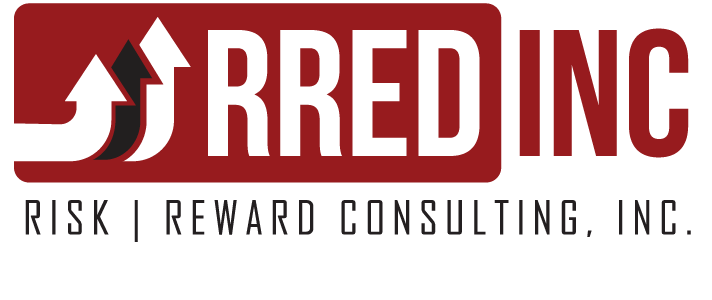
Job satisfaction is not always and only about money. In fact, survey after survey of employee satisfaction shows that money is normally number 3 in the hierarchy of what people value from their jobs, their company and their career.
More often than not, the number 1 factor expressed is “I want to be appreciated and recognized for my job performance”.
The Boston Consulting Group recently surveyed over 200,000 people around the world and found that the #1 factor for employee happiness on the job is to get appreciated for their work. (Forbes Dec 15, 2014, Jacob Morgan)
Create an “I Appreciate You” culture.
Employees and, in the specific case of the trucking industry, their company drivers and their independent contractor drivers/owners, too often leave a company for a variety of reasons. If those reasons can be summarized simply — they just are no longer happy being at their present motor carrier.
When a corporate executive or manager takes the time to praise, recognize and acknowledge their people individually, it changes the game and will open the door for a conversation that needs to happen to ensure that the employees are happy.
When they are happy, they probably will stay. If they are not, then you will know and will have an opportunity to at least surface unhapppiness and perhaps provide an atmosphere where being heard can be a solution even though a specific problem cannot be addressed adequately, if at all.
More often than not, truck drivers, whether employees or independent contractors, would welcome the opportuiity to let their company executives know how they feel about matters that affect them. In most cases, they know that to do so is risky because it would be received as a bad attitude, non-constructive criticism or just complaining Drivers need to have an opportunity to be open about the company, people, customers or even vendors.
Drivers too often leave over misunderstandings or minor issues that if addressed might improve the driver experience for the whole company and be a major source of driver retention instead of defection.
What if ownership and management could benefit from anonymous but useful and truthful information about the company that prevents drivers from being happy?
What if drivers could self-rate their satisfaction with the job, the people, the customers and the company? This could lead to preventing small or large issues from being ignored — those issues could be addressed routinely by messaging drivers, especially if a pattern or theme develops that might require a review and action steps to be taken by the company.
This does not mean that every issue has to result in the company taking actions to just satisfy the drivers. However, recognition and acknowledgment of the company’s position would go a long way to helping drivers understand why things are done the way they are.
Praise and employee appreciation are critical elements of a great workplace. You as owner, executive or manager want to be respected and valued for your contributions and so do the people you work with.
An “I appreciate you” culture should include everyone.
An “I appreciate you” culture should include everyone. It’s not just about executives, managers and supervisors showing appreciation to subordinates. It’s about subordinates showing appreciation to their supervisors, managers and executives too. It’s about co-workers showing appreciation for one another. While it is important that the program start from the top down, it also needs to be instituted from the bottom up and across the entire organization. People appreciate a simple thank you no matter who it comes from.
Stay tuned for Part II of this article which will include detailed information on how to have a successful “I Appreciate You” program.


